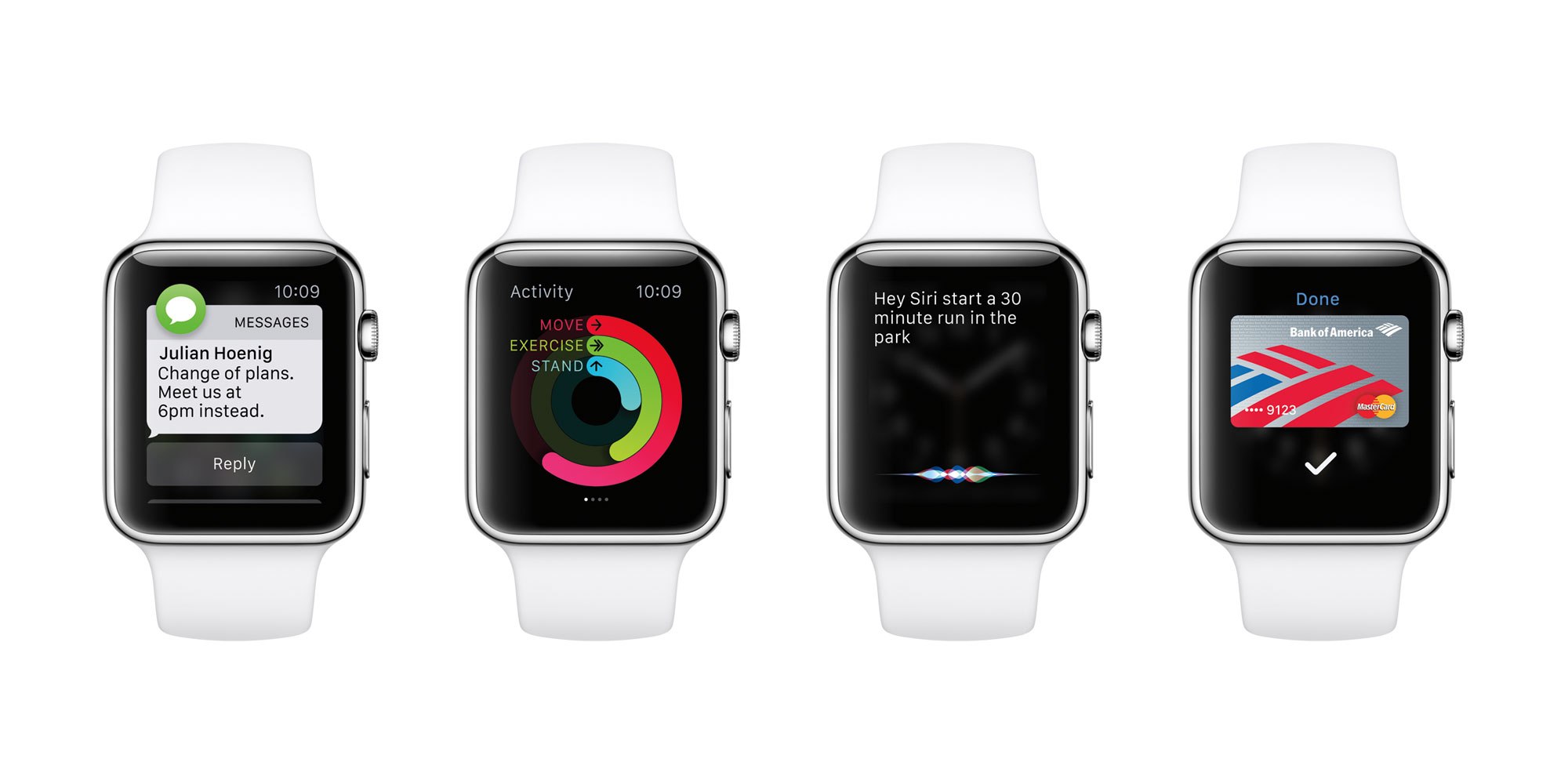
year of the smart watch
what could be the impact on the insurance industry?
29th June 2015
Consumers and analysts alike are always clamouring for the next big thing in the world of tech. Wearable technology has been bubbling away quietly in the background for a number of years, so much so that 2014 was christened The Year of the Wearable by many commentators. With the launch of the Apple Watch earlier this year and the release of AXA's new smart watch telematics app, we take a look at the implications that the widespread adoption of the smart watch could have on society and, more specifically, the insurance industry.Since the concept first emerged, a number of technology manufacturers have raced to market with their own unique versions of the smart watch. Google's Android Wear is now being used on at least seven different smart watch devices, including Sony's Smartwatch. Samsung have also release numerous variations on the concept, alongside more fitness-focussed devices from other manufacturers, such as the Fitbit.
The one piece of tech that seems most likely to bring the smart watch to mass markets, however, is the Apple Watch. Linked inextricably to ownership of an iPhone, the Apple Watch positions itself as a fashionable piece of technology that offers increase convenience to the wearer, though some have argued that its reliance on being anchored to an iPhone works against the notion of convenience.
There's an app for that
The app-based operating system on the iPhone is designed predominantly to streamline everyday tasks such as reading emails and making phone calls. Using a combination of haptic 'Taptic Engine' technology (using force upon the skin to deliver tactile feedback) and onscreen notifications, the Apple Watch is still a very new introduction to the market, and as such, is limited in functionality to scaled down versions of iPhone features, as well as fitness tracking.Third party apps on the Apple Watch are still limited in scope, but this is anticipated to grow as developers begin to create apps specifically with wearable tech in mind. The full range of ways that insurance apps can be adapted to take advantage of the Apple Watch remains to be seen, but clearly there's potential for those with self-service apps to ensure that insurance details are closer to hand than ever.
AXA is one of the first insurers to bring such an app to market, in the shape of Drive Coach, a telematics app that monitors driving behaviour and provides feedback on how to become a safer driver. Marketed as a cool app that will appeal to young drivers, this is surely only the beginning of Apple Watch telematics apps for motorists.
Telematics for people?
Meanwhile, the Apple Watch's inbuilt fitness trackers, such as the heartrate monitor and activity sensor, could hypothetically be used to feed health information directly to insurers, who in turn could offer reduced premiums to people that exercise more regularly, and even telematics-style incentives based on measurable behaviours.So far, however, the impact of smart watches on the insurance industry is largely hypothetical. It could become another channel to purchase insurance; it could incentivise exercise or even gamify ways to reduce premiums, but that functionality has yet to be released.
It's too soon to know whether AXA's Drive Coach will capture the attention of large numbers of young drivers, but the functionality is now in place and more apps are sure to follow.
At present, if you Google "smart watch" and "insurance", the majority of results relate to warranties and gadget protection plans, suggesting that the release of the Apple Watch hasn't revolutionised the insurance industry just yet. However, as more people adopt smart watch technology, you can be certain that leading insurance retailers will be looking to capitalise on this opportunity.
© 2025 Cheshire Datasystems Limited
Top Employer

